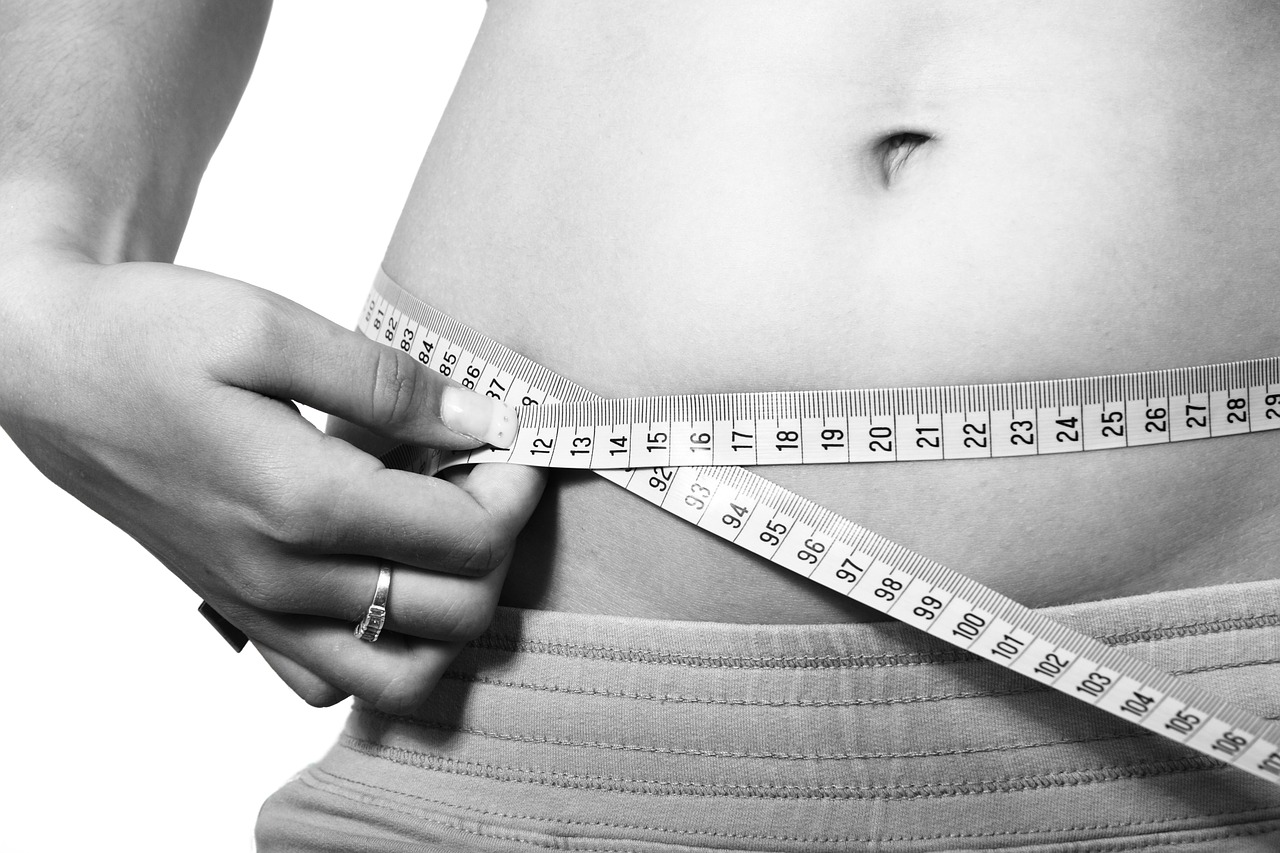The Reasons, Risks and Benefits
Having an elective surgical procedure can be a hard decision, given that there are risks to every surgery. When considering liposuction, it can be difficult to know if a surgeon who is recommending the procedure has your best interest at heart, and you won’t know if you’re happy with the results until it’s too late to take it back.
That’s why it’s important to review the information available before diving in. Are you a good candidate for the procedure? How will your body look? Is it permanent? There’s a lot that you need to know before going in for your first consultation, so we’ve broken it down into three categories that should help you decide if this is right for you.
Reasons
Liposuction is a surgical procedure in which fat cells are removed from targeted areas to create preferable contours. Otherwise known as lipoplasty or body contouring, liposuction is generally a solution for people with a concentration of body fat in a specific area that hasn’t responded to diet and exercise. Common areas for liposuction are the abdomen, upper arms, buttocks, lower legs, chest and back, hips and thighs, and under the chin.
It’s important that your weight is stable before you have this procedure done. The removal of fat cells is permanent but treated areas could enlarge again or become misshapen if your weight fluctuates too much.
You shouldn’t get liposuction to improve or eliminate dimpling of the skin or stretch marks. Fat removal will not have an effect on these conditions and may actually worsen the appearance of skin that’s lost its elasticity. You may consider having excess skin removed, but that is a whole new surgical procedure that will require careful consideration.
Risks
Any kind of elective surgery is not recommended for people with conditions that increase the risk of surgery, such as blood flow issues, artery disease, diabetes or immune system weakness. All surgeries carry some risk of infection. A severe infection can be life-threatening, as could an internal puncture from the cannula or a fat embolism. Organ or muscle damage could require additional surgery, and a fat embolism is a medical emergency.
Uneven liposuction, poor skin elasticity and unusual healing can create permanent, unattractive ripples in the skin and fat. Skin can actually be damaged from the cannula (tube) and end up spotted or marked. Kidney and heart problems can arise from the dramatically shifting fluid levels your body experiences throughout this procedure.
Benefits
Swelling should only last a few weeks, after which the treated area will be visibly reduced. Depending on your goal and what you discussed with your doctor beforehand, you may begin to see some attractive contouring. These results will be long-term as long as your weight remains stable. Fat distribution can change if you gain weight, but you should expect to remain sculpted, otherwise.
Liposuction can drastically improve one’s self-esteem if there’s a particular area of your body that’s affected by concentrated fat deposits. If you’re in generally good health and can maintain your weight, liposuction might just be a viable option for you. Always discuss risks, reasons and benefits with your doctor before making any medical decisions.

